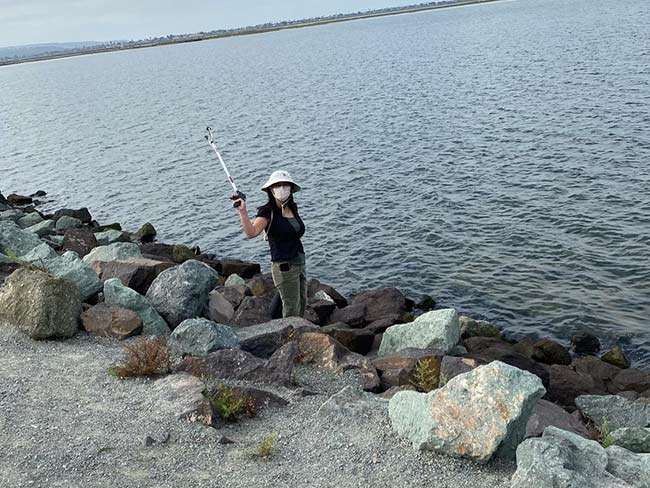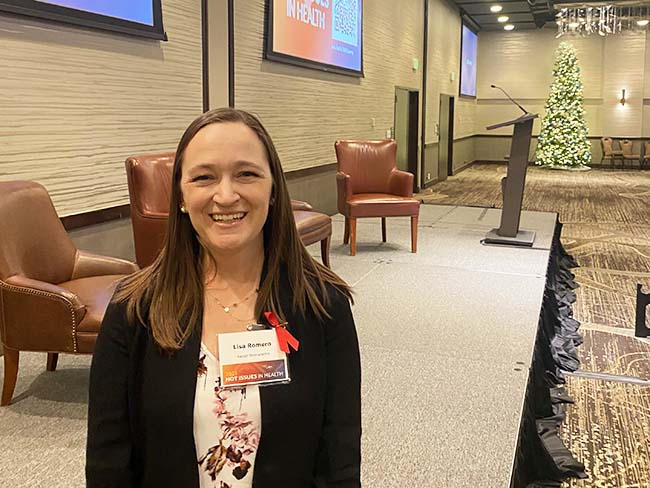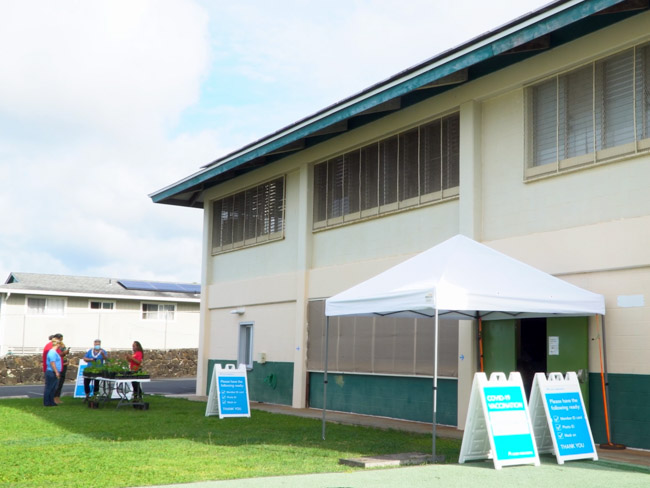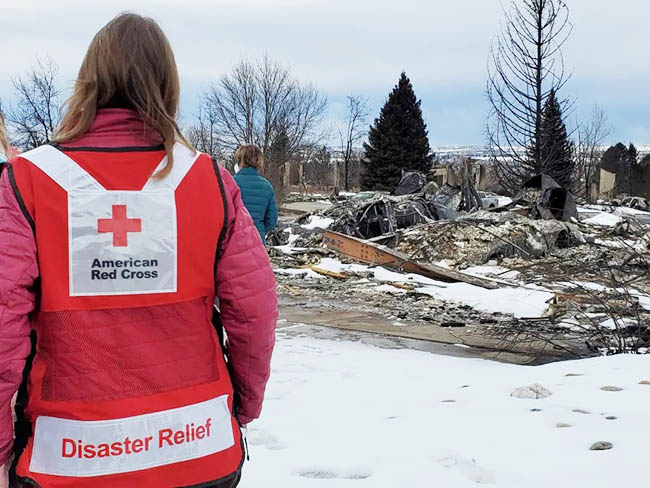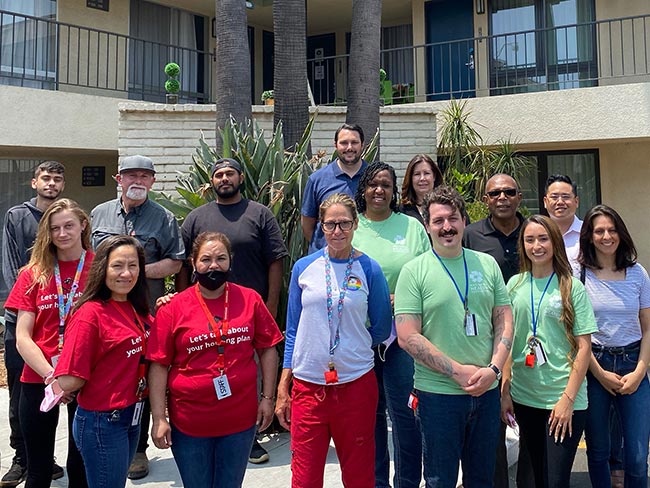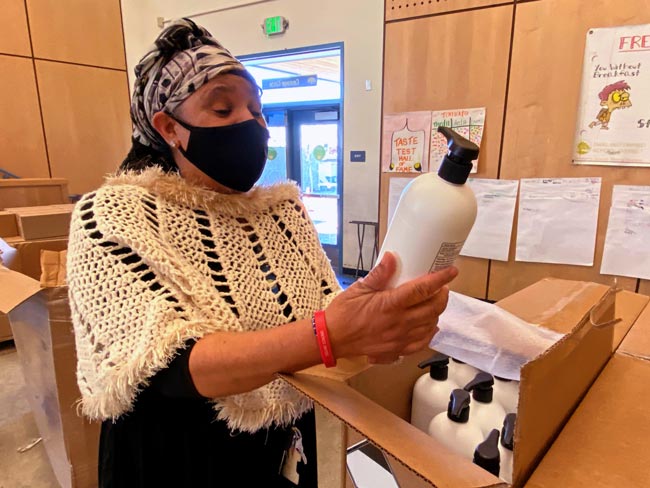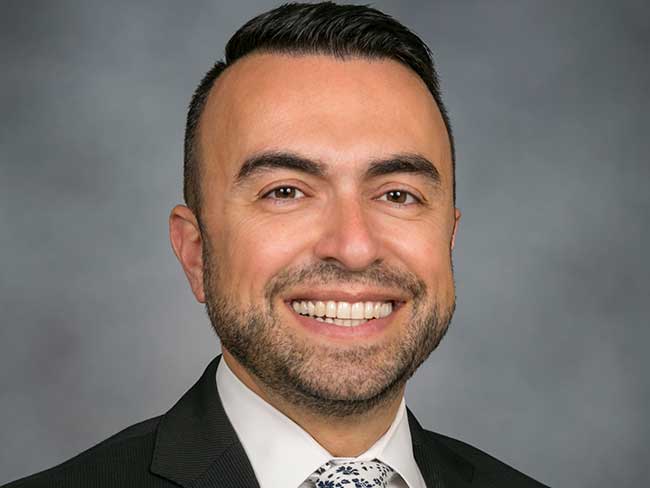Researching climate and health solutions
Kaiser Permanente is partnering with the National Academy of Medicine.
Research into the connections between climate change and health will help define future priorities.
Kaiser Permanente, the nation’s largest nonprofit, integrated health care organization, is supporting the National Academy of Medicine to build and expand the evidence base of solutions to protect against climate change’s negative impacts on health and health equity, and to inform future climate research, strategies, and policies.
With a grant from Kaiser Permanente, NAM will spend the next 9 months on the initiative to:
- Develop a clear inventory of existing research and evidence on the relationship between climate and health
- Identify gaps and opportunities to conduct further research
- Create a public resource with evidence-based information that allows communities, policymakers, and researchers to pursue the most effective solutions
Climate change and the extreme weather events it drives are creating many types of health issues, both familiar and less recognized. Long-term exposure to air pollution is tied to an increased risk of having a heart attack or dying from heart disease. Pregnant people exposed to extreme heat during pregnancy have increased chances of life-threatening delivery complications. And medical care costs may be higher each year for people living in neighborhoods with less grass and fewer trees and other plants.
“We know of many ways that climate change is harming health. We still have a lot to learn to understand specific ways we can prevent and lessen those impacts, particularly for people who tend to suffer the most,” said Seema Wadhwa, Kaiser Permanente’s executive director for Environmental Stewardship. “We look forward to continuing to build the evidence and momentum around tangible interventions like improving infectious disease detection, creating clean transportation policies, or keeping children safe during extreme heat events.”
While no individual or community is safe from the health burdens of climate change, those with the most exposure to the harmful effects of climate change are also the least protected. Groups at disproportionate risk include children, the elderly, communities of color, low-income communities, and people with chronic illnesses that make them less able to cope with hazards.
NAM’s mission is to improve health for all by advancing science, accelerating health equity, and providing independent, authoritative, and trusted advice nationally and globally.
“It is undeniable that climate change is impacting health and we need to act now. We have an opportunity to better understand these impacts, accelerate the development of effective strategies, and safeguard the well-being of our most vulnerable populations in a changing climate,” said Victor Dzau, president of the National Academy of Medicine.
Kaiser Permanente and NAM will ensure that the resulting research is available to communities, policymakers, and businesses by creating a publicly facing information portal with key findings and recommendations in lay language.
“For decades Kaiser Permanente has led the health care industry in prioritizing sustainability, and in 2020 we became the first certified carbon neutral health care organization in the U.S.,” said Bechara Choucair, MD, senior vice president and chief health officer at Kaiser Permanente. “The dire health consequences of climate change, which we are experiencing in real time amid deadly wildfires, flooding, and heatwaves, mean we must extend our leadership beyond our facilities and operations to reduce the threat to our members, our communities, and at-risk populations everywhere. I know NAM will bring the level of rigor necessary to this critical undertaking and am excited to partner to build this research agenda.”
NAM’s previous work in climate change includes the multiyear The Grand Challenge on Climate Change, Human Health, and Equity, a global initiative to improve and protect human health, well-being, and equity by working to transform systems that both contribute to and are affected by climate change.
Additional resources: Learn more about the value and impact of researching climate change and health.
